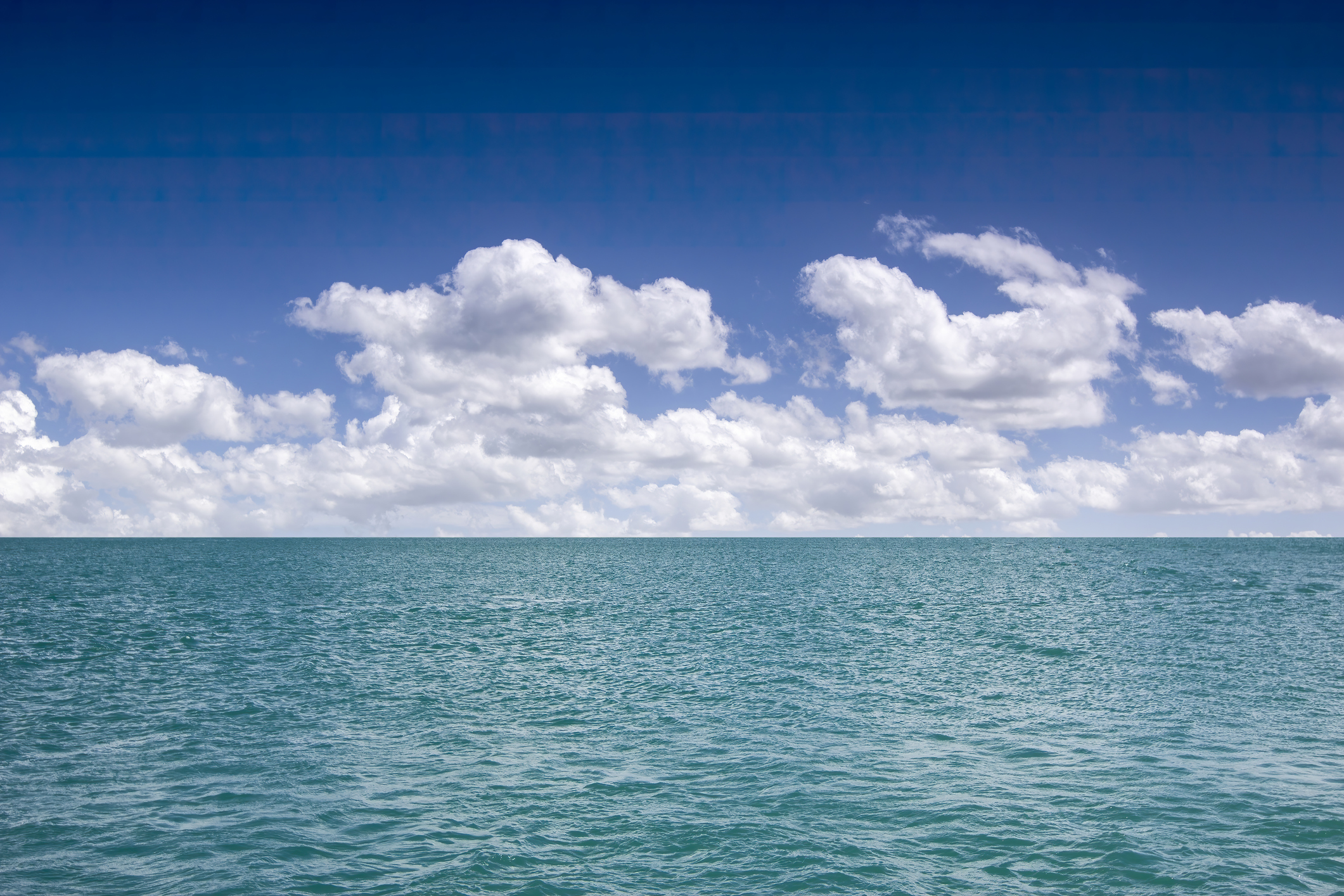New carbon capture technology can turn carbon into baking soda


A free daily email with the biggest news stories of the day – and the best features from TheWeek.com
You are now subscribed
Your newsletter sign-up was successful
Scientists have discovered a more efficient way to capture carbon from the atmosphere and store it in the ocean. A new study details a method of direct carbon capture that takes the atmospheric CO2 and transforms it into baking soda, which could then safely be stored in seawater.
The challenge of carbon capture is the cost, BBC writes. The gas is diluted in the atmosphere, requiring more energy to capture and release. The new research used a hybrid of previous capture methods, creating a system that is three times more efficient. "This simple ability to capture CO2 at a high quantity, in a small volume of material, is a unique aspect of our work," said the lead author of the study Arup SenGupta. "This material can be produced at very high capacity very rapidly."
The ocean acts as an "infinite sink" for CO2, according to the experts, and adding baking soda does not cause ecological damage, per New Scientist. SenGupta explained, "Higher alkalinity also means more biological activity; that means more CO2 sequestration." Stuart Haszeldine from the University of Edinburgh called the new method "very powerful," adding that the ocean "has an immense capacity for accessible CO2 storage lasting hundreds to thousands of years."
The Week
Escape your echo chamber. Get the facts behind the news, plus analysis from multiple perspectives.

Sign up for The Week's Free Newsletters
From our morning news briefing to a weekly Good News Newsletter, get the best of The Week delivered directly to your inbox.
From our morning news briefing to a weekly Good News Newsletter, get the best of The Week delivered directly to your inbox.
However, experts warn that the carbon capture industry must be expanded significantly to be effective in reversing climate change. "The only way this will ever happen at the scale it needs to happen is if it's made a licensing condition of continuing to sell fossil fuels," said Myles Allen from the University of Oxford. "As soon as it is, it will happen on a scale that's currently unimaginable."
A free daily email with the biggest news stories of the day – and the best features from TheWeek.com
Devika Rao has worked as a staff writer at The Week since 2022, covering science, the environment, climate and business. She previously worked as a policy associate for a nonprofit organization advocating for environmental action from a business perspective.
-
 Political cartoons for February 15
Political cartoons for February 15Cartoons Sunday's political cartoons include political ventriloquism, Europe in the middle, and more
-
 The broken water companies failing England and Wales
The broken water companies failing England and WalesExplainer With rising bills, deteriorating river health and a lack of investment, regulators face an uphill battle to stabilise the industry
-
 A thrilling foodie city in northern Japan
A thrilling foodie city in northern JapanThe Week Recommends The food scene here is ‘unspoilt’ and ‘fun’
-
 How climate change is affecting Christmas
How climate change is affecting ChristmasThe Explainer There may be a slim chance of future white Christmases
-
 Blue Origin launches Mars probes in NASA debut
Blue Origin launches Mars probes in NASA debutSpeed Read The New Glenn rocket is carrying small twin spacecraft toward Mars as part of NASA’s Escapade mission
-
 Why scientists are attempting nuclear fusion
Why scientists are attempting nuclear fusionThe Explainer Harnessing the reaction that powers the stars could offer a potentially unlimited source of carbon-free energy, and the race is hotting up
-
 Dinosaurs were thriving before asteroid, study finds
Dinosaurs were thriving before asteroid, study findsSpeed Read The dinosaurs would not have gone extinct if not for the asteroid
-
 Canyons under the Antarctic have deep impacts
Canyons under the Antarctic have deep impactsUnder the radar Submarine canyons could be affecting the climate more than previously thought
-
 SpaceX breaks Starship losing streak in 10th test
SpaceX breaks Starship losing streak in 10th testspeed read The Starship rocket's test flight was largely successful, deploying eight dummy satellites during its hour in space
-
 NASA is moving away from tracking climate change
NASA is moving away from tracking climate changeThe Explainer Climate missions could be going dark
-
 Rabbits with 'horns' sighted across Colorado
Rabbits with 'horns' sighted across Coloradospeed read These creatures are infected with the 'mostly harmless' Shope papilloma virus
